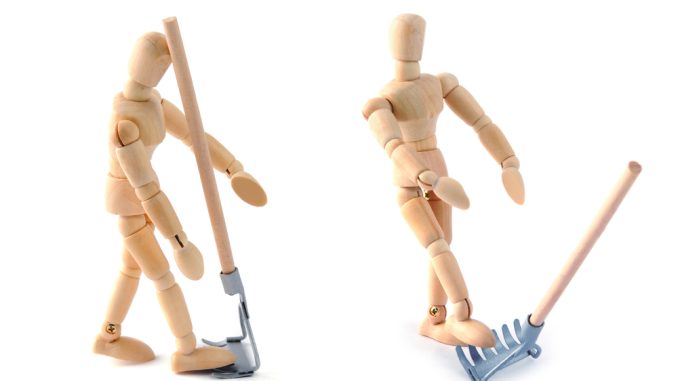
www.newsbusters.org
Are We Shocked that George Soros Dumped $80 Million into Pro-Terror Groups? Not One Bit!
An explosive new report exposed the extent to which leftist billionaire George Soros has kept the gravy train for the pro-terrorism movement going for years.
Are we shocked? Not one bit!
Capital Research Center Investigative Researcher Ryan Mauro released a devastating investigation September 17 exposing how Soros gave “over $80 million into groups tied to terrorism or extremist violence.” As Mauro concluded, “The evidence is stark: Open Society has sent millions of dollars into U.S.-based organizations that engage in ‘direct actions’ that the FBI defines as domestic terrorism.”
This pool included groups that helped train activists in “property destruction and sabotage” during the 2020 Marxist Black Lives Matter riots, and the climate change-obsessed Sunrise Movement, which Mauro wrote “endorsed the Antifa-linked Stop Cop City campaign, in which activists currently face over 40 domestic terrorism charges and 60 racketeering indictments.”
What’s even more damning is that this brand of dangerous, radicalized organizations that Soros funds isn’t just limited to American streets, but even stretches across the globe right into the heart of Islamist terrorist conflict in the Middle East.
For example, per Mauro, the Soros machine “funneled more than $2.3 million into Al-Haq, a nongovernmental organization (NGO) based in the West Bank and long accused of ties to the Popular Front for the Liberation of Palestine (PFLP), which the European Union and the United States designate as a foreign terrorist organization.” On September 4, Secretary of State Marco Rubio sanctioned Al-Haq and two other organizations for engaging in “efforts by the International Criminal Court (ICC) to investigate, arrest, detain, or prosecute Israeli nationals, without Israel’s consent.” In effect, as Mauro wrote, “Soros’s foundation has not only financed extremist groups within the United States but also funneled millions abroad to entities now formally sanctioned by Washington.”
Mauro builds extensively on MRC Business research conducted in 2023 following terrorist group Hamas’s genocidal attack on Israel on October 7. Soros-funded groups like Al-Shabaka and the Middle East Children’s Alliance, which openly celebrated the wanton murder, rape and pillaging the terrorists inflicted on Israeli civilians. Around the same time, MRC Business was also the first to resurface a disturbing 2007 op-ed buried in the Soros website archives, where the billionaire demanded for the United States and Israel to “open the door” to Hamas in negotiations.
Then-MRC President Brent Bozell and MRC Free Speech America Vice President Dan Schneider wrote an October 12, 2023, letter to the Open Society Foundations (OSF) calling on both George and his "more political" son Alex Soros to disclose all of their pro-Hamas grantees, publicly disavow them and terminate all funding to those groups. “Given that your donations have gone straight into the bloodstream of those who seek to exterminate Jews and push Israel into the sea, it is clear that you have an even greater duty to purge yourselves of your transgressions,” Bozell and Schneider wrote.
More recently, OSF President Binaifer Nowrojee outlandishly smeared Israel in a powerful Soros-financed publication as supposedly committing “genocide” against the Palestininan people by weaponizing starvation, completely ignoring the over 183,000 tons of aid the Israel Defense Forces let into Gaza since May 2025 alone. But in the face of Mauro’s latest investigation into Soros’s pro-terror funding, Nowrojee’s anti-Israel kvetching makes sense.
Mauro’s corresponding, 90-page report effectively proves what the MRC had been saying all along: the Soros empire despises America and Israel so much that it holds no qualms about financing pro-terror organizations dedicated to unraveling both nations connected by a common Judeo-Christian heritage. As MRC Free Speech America Vice President Dan Schneider told One America News in an October 19, 2023, interview:
George Soros and now his son Alex — who has taken over the evil empire — have defined the enemy and the enemy is Israel. They have, in word and deed, they have consistently supported Hamas and Hezbollah against the Jewish state. And I know that they claim to be Jewish, but their actions reject the whole idea of a Jewish state.
Read Ryan Mauro's entire 90-page investigation below!













